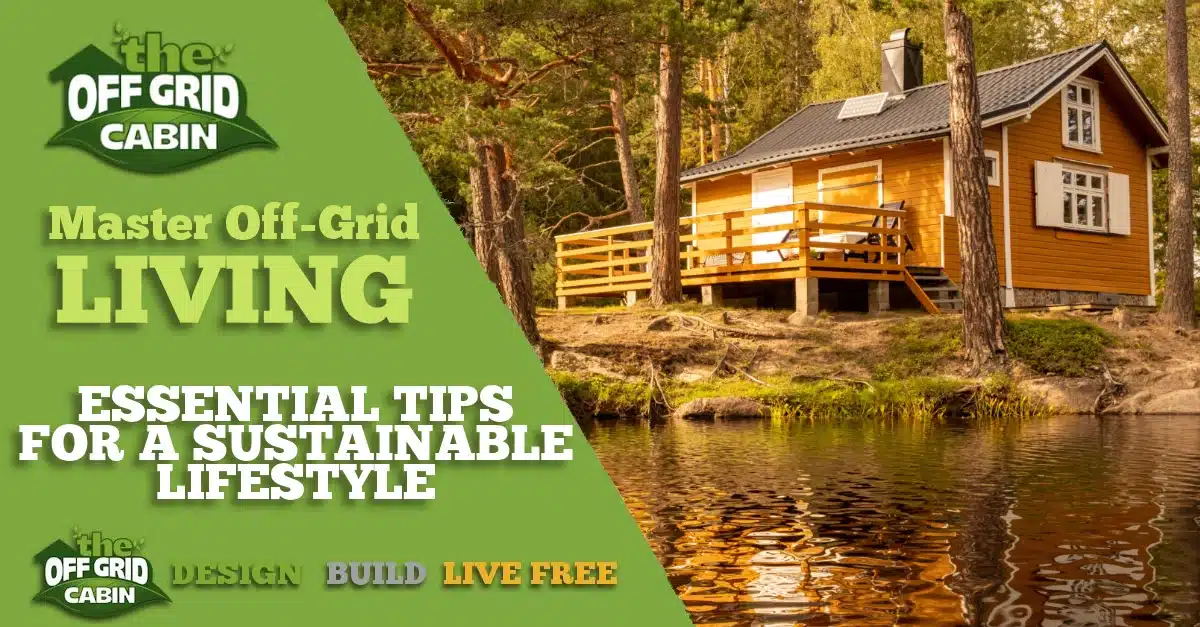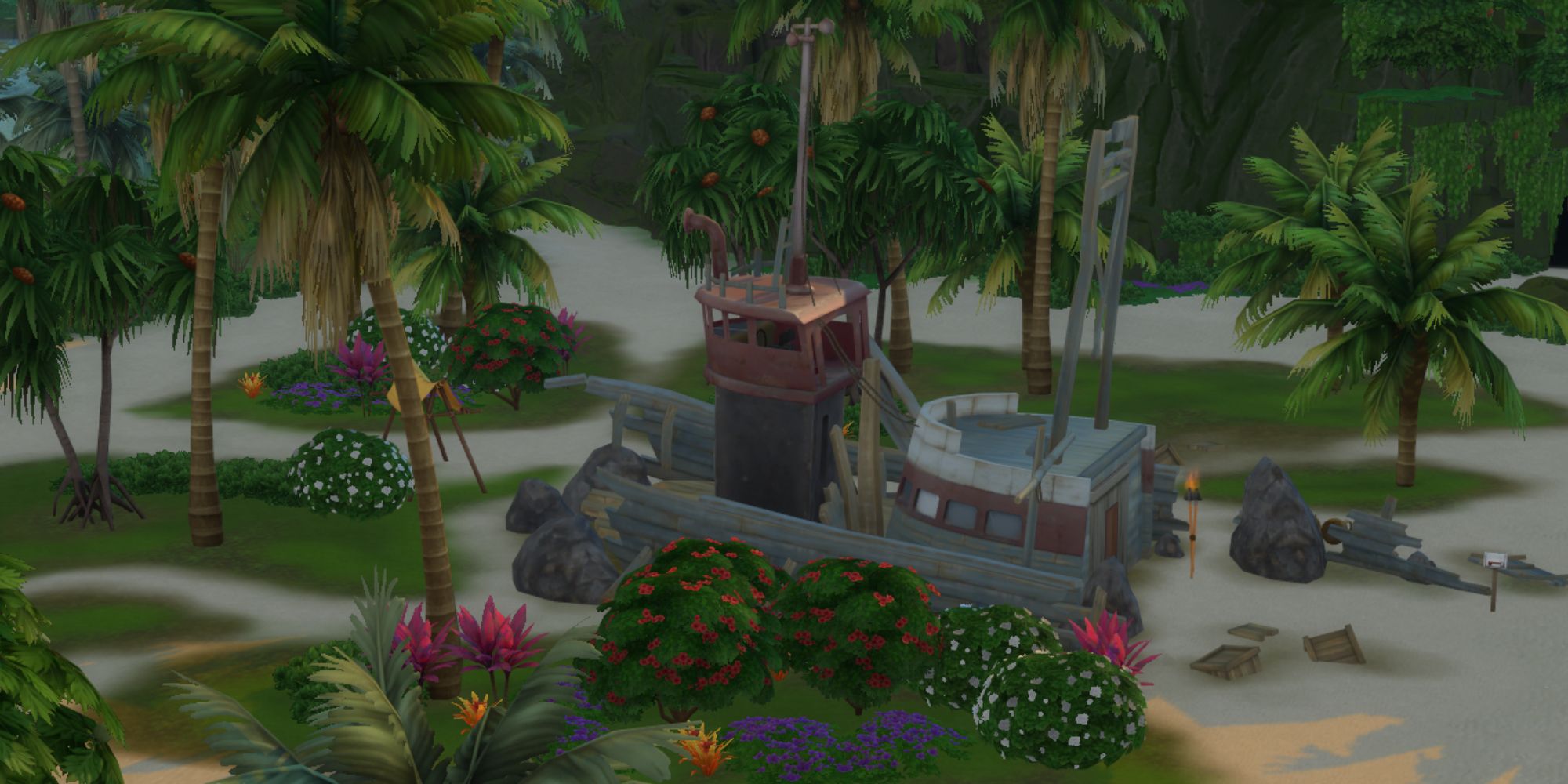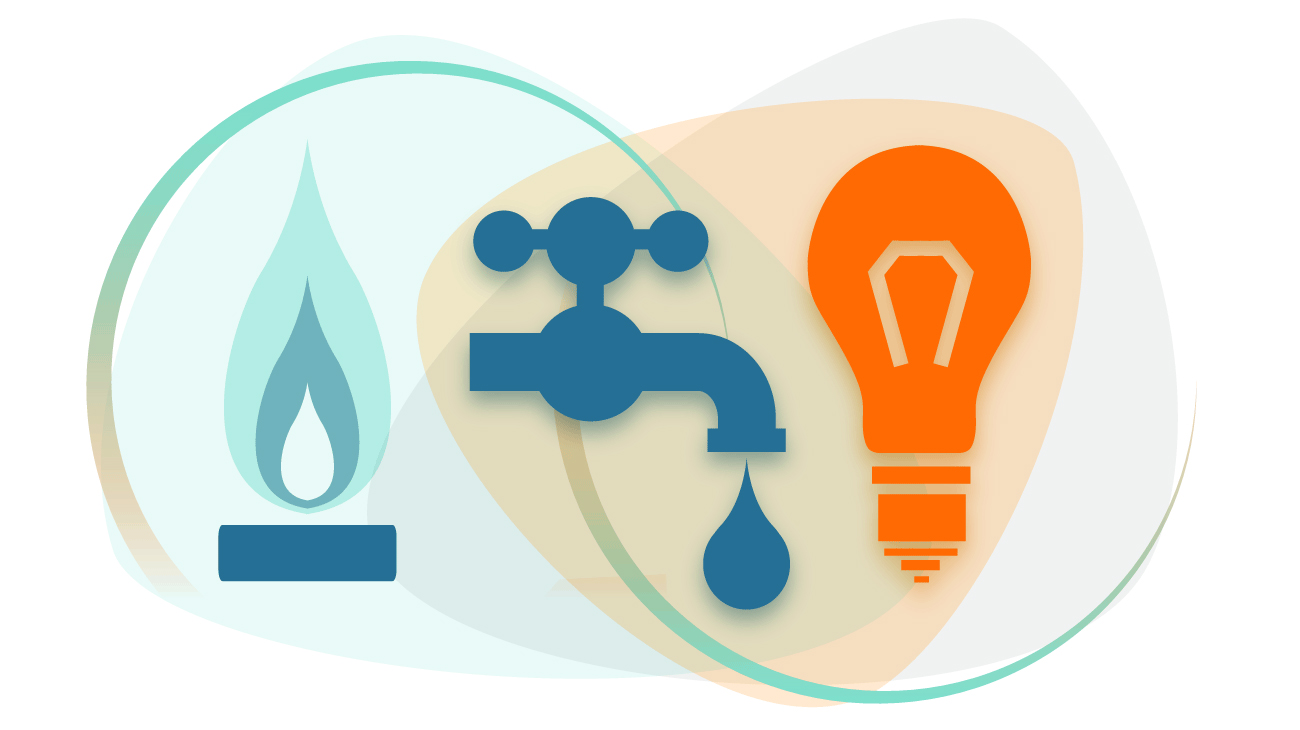Off Grid Living Devon A Sustainable Escape
Off grid living Devon: Imagine waking to the sound of birdsong, not traffic; breathing crisp air, unburdened by pollution; and living in harmony with nature, self-sufficient and free. This isn’t a fantasy; it’s a growing reality for those seeking a life beyond the grid in the breathtaking landscapes of Devon. This guide delves into the practicalities, challenges, and rewards of embracing this unique lifestyle, exploring everything from finding the perfect plot of land to building a sustainable home and cultivating your own food.
Devon’s diverse geography, from rolling hills and lush woodlands to dramatic coastlines and windswept moors, offers a multitude of locations ideal for off-grid living. We’ll examine the legal considerations, sustainable practices, and community aspects crucial to successful off-grid living in this beautiful corner of England. Discover the secrets to harnessing renewable energy, managing water and waste effectively, and building a thriving, self-sufficient homestead in Devon.
Prepare to be inspired by real-life examples of off-grid communities and homes, and learn how you too can embark on this extraordinary journey.
Sustainable Living Practices in Devon: Off Grid Living Devon
Embracing off-grid living in Devon presents a unique opportunity to connect with the natural beauty of the region while minimizing your environmental impact. The region’s varied landscape and climate, however, demand careful consideration of sustainable practices to ensure a successful and self-sufficient lifestyle. This section explores key aspects of sustainable living tailored to the Devon context.
Renewable Energy Sources in Devon, Off grid living devon
The choice of renewable energy for an off-grid Devon home depends heavily on the specific location and its microclimate. Factors like wind exposure, sunlight hours, and water availability significantly influence the viability of different technologies. Careful site assessment is crucial before committing to any system.
- Solar Power: Devon enjoys a reasonable amount of sunlight, making solar photovoltaic (PV) panels a viable option. South-facing roofs are ideal for maximizing energy capture. However, output can be affected by cloud cover, particularly during winter months. Battery storage is essential to ensure a consistent power supply. A hybrid system combining solar with another renewable source can offer greater reliability.
- Wind Power: Coastal areas and exposed hilltops in Devon offer excellent wind resources. Small-scale wind turbines can be effective, but careful consideration of noise pollution and visual impact is crucial, especially given Devon’s often picturesque landscape. Planning permission may be required. The intermittent nature of wind necessitates battery storage or a backup power source.
- Hydropower: Devon’s rivers and streams present opportunities for small-scale hydropower generation, particularly in areas with sufficient water flow and elevation difference. However, this option requires careful environmental assessment to minimize impact on aquatic life and water flow. The initial investment can be significant, and the output may be limited depending on the site’s characteristics. It’s crucial to obtain the necessary permissions before installation.
Water Harvesting and Greywater Recycling in Devon
Devon’s climate, characterized by periods of both heavy rainfall and drought, necessitates a robust water management strategy for off-grid living. Water harvesting and greywater recycling are crucial components of a sustainable water supply.Water harvesting involves collecting rainwater from roofs and other surfaces. A rainwater harvesting system typically consists of gutters, downpipes, storage tanks, and filtration systems. The size of the storage tank depends on household needs and the frequency of rainfall.
Regular cleaning of gutters and filters is essential to maintain water quality. During periods of low rainfall, supplementary water sources might be necessary.Greywater recycling involves reusing wastewater from showers, baths, and sinks for non-potable purposes like toilet flushing or irrigation. A simple greywater system might involve gravity-fed pipes leading to a settling tank, followed by filtration and distribution to designated areas.
Careful planning is needed to avoid contamination of drinking water supplies and to manage potential odor issues. The suitability of greywater recycling for irrigation depends on the type of plants and the potential for pathogen transmission. For example, vegetables intended for consumption shouldn’t be watered with untreated greywater.
Waste Management and Composting in Devon
Effective waste management is vital for maintaining a clean and healthy environment in an off-grid setting. Composting is a cornerstone of waste reduction, transforming organic waste into valuable soil amendment.A well-managed composting system can significantly reduce the volume of waste requiring disposal. Different composting methods exist, ranging from simple open-air heaps to enclosed bins. The choice depends on factors like space availability, climate, and the amount of waste generated.
Regular turning of the compost is crucial to ensure proper aeration and decomposition. Compost can be used to enrich garden soil, reducing the need for chemical fertilizers. Food waste, yard waste, and other biodegradable materials are suitable for composting. However, meat, dairy products, and oily substances should generally be avoided as they can attract pests and create unpleasant odors.
The composting process can be accelerated by adding “brown” materials (like dried leaves and twigs) to balance the “green” materials (food scraps and grass clippings).
Community and Infrastructure

Embracing off-grid living in Devon necessitates a careful consideration of community engagement and the practicalities of accessing essential services. While the allure of self-sufficiency is strong, thriving in this lifestyle requires a nuanced understanding of both the social and infrastructural landscape. Successfully integrating into, or creating, a supportive community is key to navigating the challenges and maximizing the rewards of off-grid existence.Existing off-grid communities in Devon often operate on principles of mutual support and resource sharing.
While specific details of individual communities are often kept private to protect their privacy and security, the underlying model frequently involves collaborative efforts in areas like tool sharing, skill exchange, and even the collective sourcing of supplies. For instance, a group might collectively purchase bulk materials like firewood or seeds, reducing individual costs and promoting sustainability. Social interaction typically involves regular informal gatherings, potlucks, or shared workshops, fostering a sense of belonging and mutual reliance.
These informal networks provide crucial support systems, offsetting the isolation that can sometimes accompany a solitary off-grid existence.
Challenges Related to Essential Services Access
Access to healthcare, education, and other essential services presents a significant challenge for off-grid dwellers in Devon. Healthcare, in particular, can be problematic, as emergency response times can be significantly longer in remote areas, and regular check-ups might require substantial travel. Educational opportunities for children may also be limited, potentially necessitating homeschooling or long commutes to the nearest school.
Reliable internet access, crucial for many aspects of modern life, including distance learning and remote work, is often patchy or unavailable in off-grid locations. Furthermore, accessing banking services, obtaining necessary permits, and even receiving regular mail delivery can prove more difficult than in conventionally serviced areas. These challenges highlight the importance of careful planning and proactive preparation before embarking on an off-grid lifestyle.
Available Resources and Support Networks
Several resources and support networks exist to assist those considering or currently living off-grid in Devon. Local councils often provide information on planning permissions and regulations relevant to off-grid living. Organizations dedicated to sustainable living and self-sufficiency frequently host workshops and offer advice on various aspects of off-grid living, including energy generation, water management, and waste disposal. Online forums and communities dedicated to off-grid living provide valuable platforms for sharing experiences, advice, and support.
Local groups focusing on permaculture, homesteading, and alternative technologies offer practical skills training and networking opportunities. Additionally, some established off-grid communities might be willing to offer mentorship or guidance to newcomers, sharing their accumulated knowledge and insights. Exploring these resources can significantly enhance the chances of a successful and fulfilling off-grid experience in Devon.
Embracing off-grid living in Devon is not merely a lifestyle choice; it’s a conscious decision to live more sustainably, more intentionally, and more connected to the natural world. While challenges exist – from navigating planning regulations to ensuring access to essential services – the rewards are immense. The sense of freedom, self-reliance, and connection to nature make the effort profoundly worthwhile.
This guide has provided a roadmap, but the true journey begins with your own exploration and commitment. Are you ready to answer the call of the wild and build your own off-grid haven in Devon?
Learn about more about the process of cheap off grid living youtube in the field.




